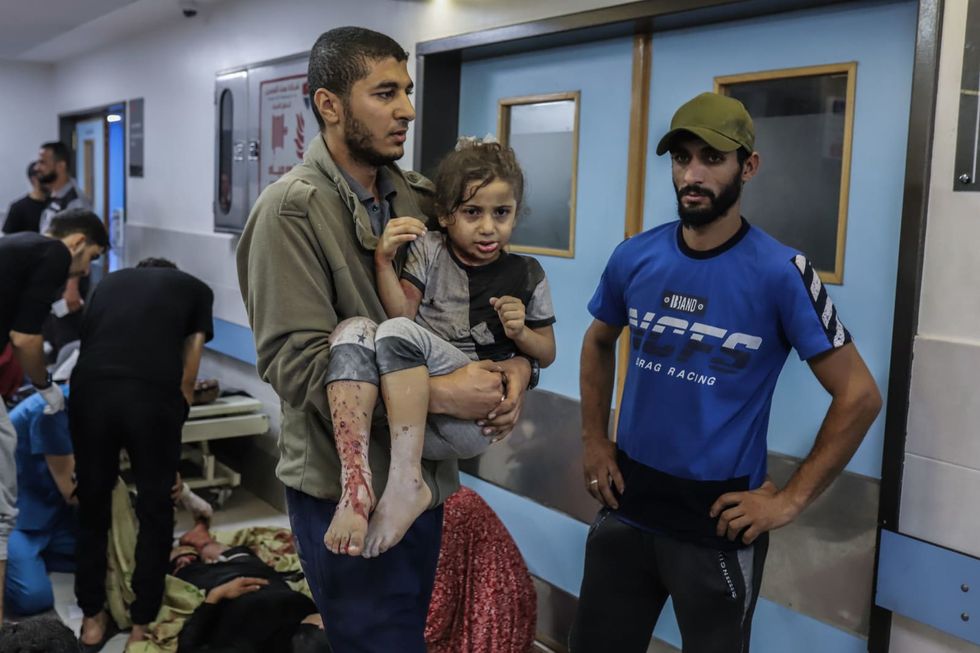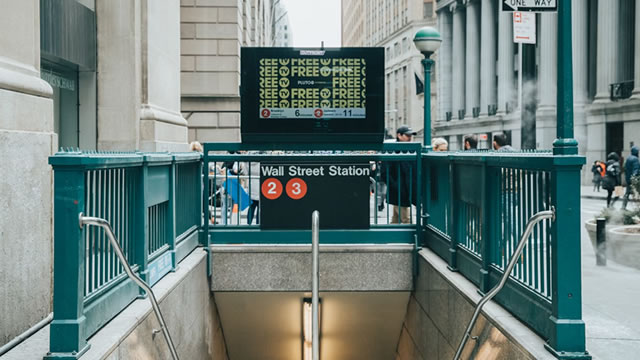The World Health Organization Calls for Security Guarantees for Medical Aid Deliveries to Gaza
Ensuring Access to Medical Aid in Conflict Zones
The World Health Organization (WHO) has called for security guarantees for medical aid deliveries to clinics in Gaza. WHO top crisis manager, Mike Ryan, said on Thursday in Geneva that the transport of relief supplies within the Palestinian territory is hindered by the warring parties, as it is almost impossible to obtain security assurances from them. “I am sick of hearing all of these reassurances that don’t actually exist on the ground for the people we work with,” Ryan said. He also said that the ongoing conflict in Gaza has made it increasingly difficult for humanitarian organizations to provide essential medical aid to those in need. The lack of security guarantees puts the lives of medical workers and patients at risk and impedes the delivery of critical healthcare services.
The Impact of Insecurity on Medical Aid
The insecurity in Gaza not only affects the delivery of medical aid but also hampers the ability of healthcare workers to effectively respond to the health needs of the population. The WHO has emphasized the importance of ensuring safe and timely access to healthcare for all individuals, especially in conflict zones where the risk of injury and illness is heightened. Without adequate security guarantees, medical aid deliveries to Gaza may be further delayed or disrupted, exacerbating an already dire humanitarian situation.
It is imperative for all parties involved in the conflict to prioritize the protection of medical facilities and personnel, as well as the unhindered movement of humanitarian aid. The WHO’s call for security guarantees underscores the urgent need for increased cooperation and coordination to ensure that essential medical supplies reach those in need in Gaza.
Impact on Individuals
The lack of security guarantees for medical aid deliveries in Gaza could have serious consequences for individuals living in the region. Access to healthcare services may be compromised, leading to inadequate treatment for patients with urgent medical needs. Healthcare workers may also face greater risks as they strive to provide medical assistance in a volatile and insecure environment. The ability to receive timely and effective medical care is crucial for the well-being and survival of individuals in conflict-affected areas like Gaza.
Global Implications
The WHO’s call for security guarantees for medical aid deliveries in Gaza highlights the broader issue of humanitarian access in conflict zones around the world. The challenges faced in Gaza are not unique and reflect a larger trend of insecurity hampering the delivery of essential services to vulnerable populations. As conflicts persist and humanitarian needs escalate, there is a growing need for stronger security mechanisms to ensure the safe and efficient provision of medical aid in crisis situations. Failure to address these security concerns not only jeopardizes the health and safety of individuals in conflict zones but also undermines global efforts to promote health equity and universal access to healthcare.
Conclusion
The call for security guarantees for medical aid deliveries to Gaza by the World Health Organization underscores the urgent need to protect healthcare workers and ensure access to essential medical services in conflict-affected areas. Insecurity in Gaza not only hampers the delivery of medical aid but also puts the lives of individuals at risk and impedes efforts to address ongoing health crises. It is imperative for all parties involved in the conflict to prioritize the protection of medical facilities and personnel, as well as the unhindered movement of humanitarian aid. By working together to address security concerns, we can help ensure that all individuals have access to the healthcare they need to live healthy and fulfilling lives.





